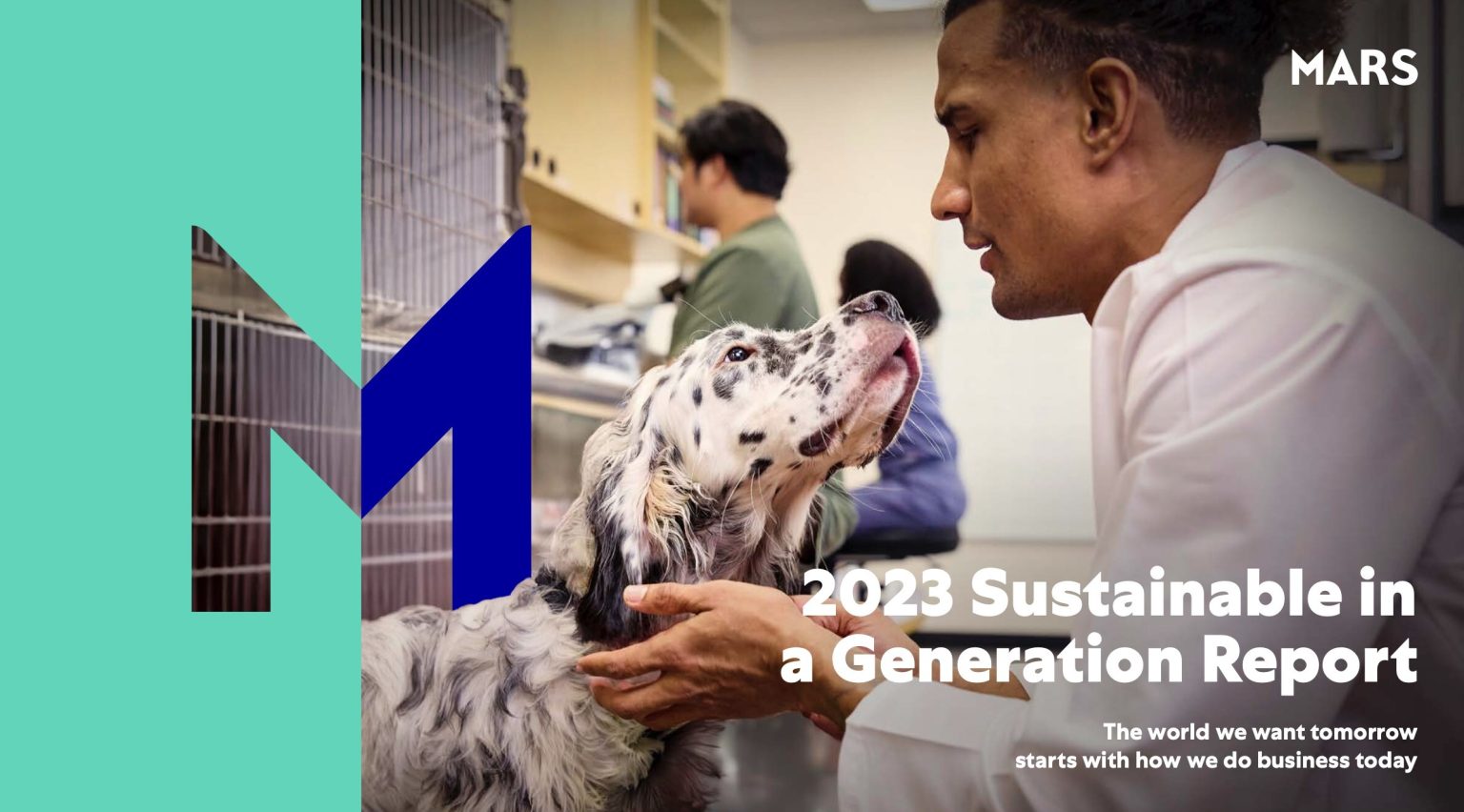Mars has reported a significant reduction in greenhouse gas (GHG) emissions, achieving a 16% cut since 2015, while expanding its business by over 60%. The company’s 2023 Sustainable in a Generation Report revealed an 8% reduction in GHG emissions last year alone, marking Mars’ largest single-year drop in emissions. This progress is part of its commitment to halving GHG emissions by 2030 and reaching net zero by 2050.
The McLean-based company, known for its wide range of food and pet products, has maintained strong business growth, with annual sales exceeding $50 billion. Despite this growth, Mars has remained dedicated to its sustainability goals, cutting 5.7 million metric tons of GHG emissions from its supply chain. This reduction is equivalent to the emissions produced by over 1.3 million gasoline-powered vehicles in a year.
The company attributes nearly 60% of its GHG footprint to agricultural ingredients and is focusing its efforts on scaling up climate-smart agriculture to address the issue. By 2030, Mars aims to implement regenerative farming practices across over 1 million acres globally, using these methods to source ingredients for products ranging from pet food to confectionery.
Mars CEO Poul Weihrauch commented on the progress, stating:
“Last year, we published our Net Zero Roadmap, promising to accelerate our carbon reductions. With this year’s results, we are delivering on our strategy to grow while reducing emissions. We still have a long way to go, but we’ll continue following the science to show how responsible businesses can do well and do good.”
In 2023, Mars committed to investing more than $1 billion over three years to achieve its net zero target, with further financial support pledged as required. The company has been actively collaborating with farmers, organisations, and governments worldwide to scale regenerative farming techniques, aiming to increase soil health and enhance farm resilience.
Barry Parkin, Mars’ Chief Sustainability and Procurement Officer, emphasised the importance of these partnerships:
“Our latest carbon reductions show we are on track to deliver a 50% reduction by 2030. While we’re proud of this progress, we know there’s more to be done. Strengthening our programmes with farmers is crucial in transitioning to climate-smart agriculture.”
Mars’ latest agricultural investments include working with over 1,900 farmers in the U.S. and Poland to deploy climate-smart methods across 1.2 million acres of farmland. This initiative supports crops such as corn, soy, and wheat for Mars pet food brands, including Pedigree and IAMS.
In Europe, Mars’ Royal Canin brand is extending its partnership with Soil Capital, providing financial support to nearly 250 farmers in France and Belgium. In Mexico and Brazil, Mars collaborates with the Next Generation Soil programme, providing tools and training to 100 corn producers to help them adapt to climate challenges.
The company is also investing $47 million in its new “Moov’ing Dairy Forward” programme, which aims to reduce the carbon footprint of its dairy supply chain. This partnership includes leading dairy producers such as Fonterra and Land O’Lakes.
Mars’ progress highlights the company’s commitment to sustainability and its ambition to decouple business growth from environmental harm, setting an example for corporate responsibility in the face of climate change.
For more information about Mars, please visit www.mars.com.




